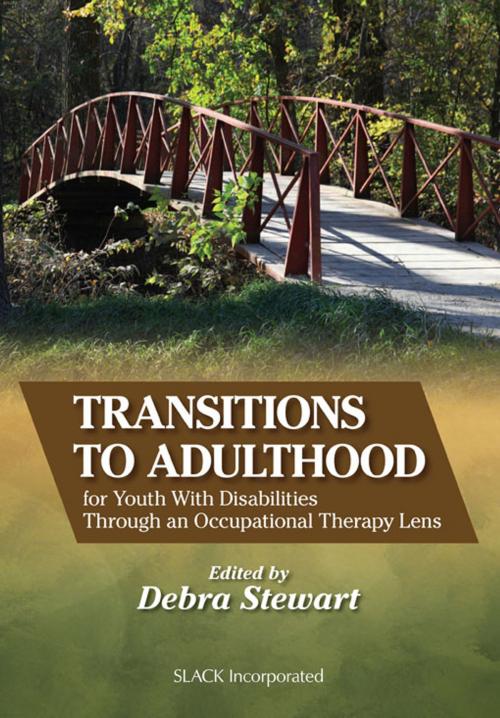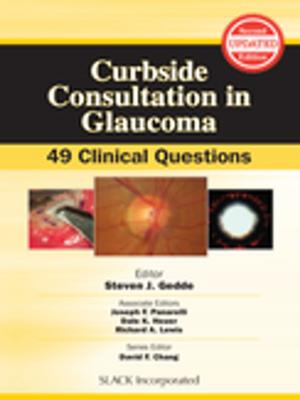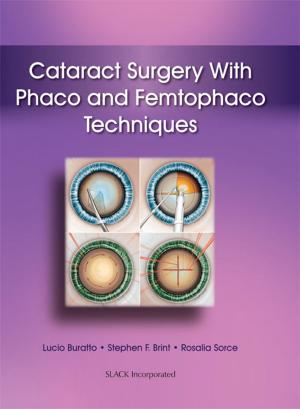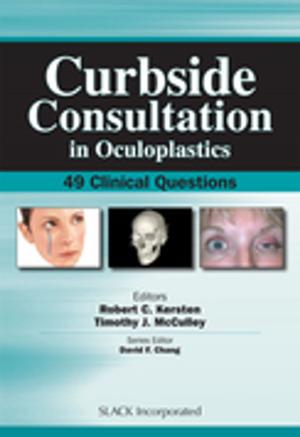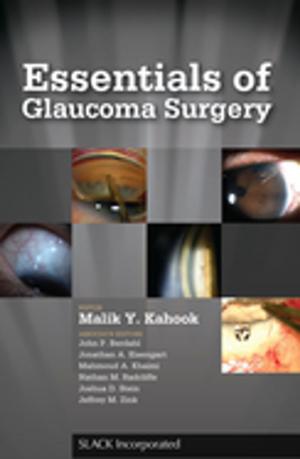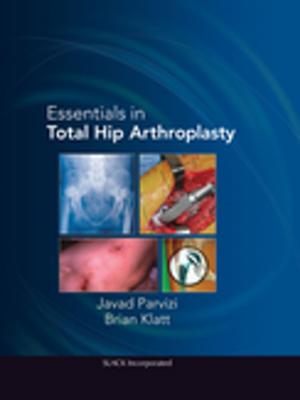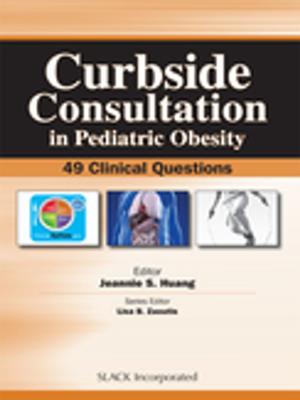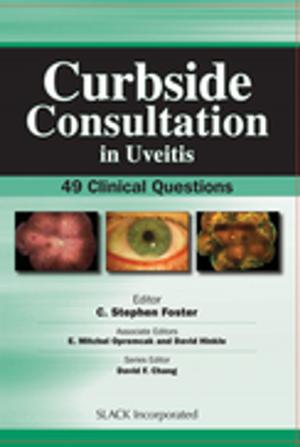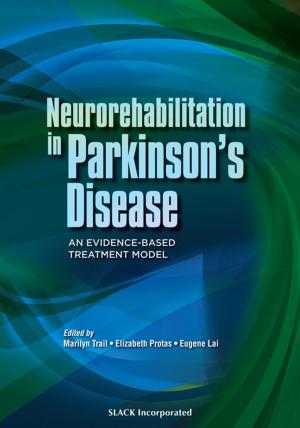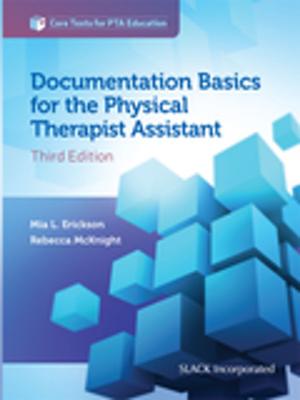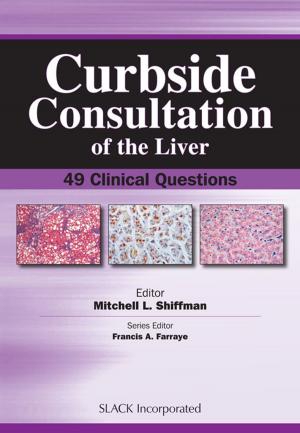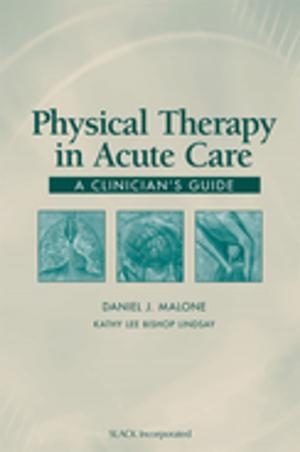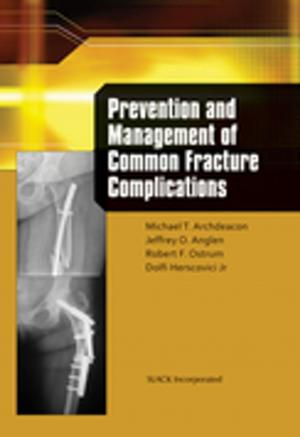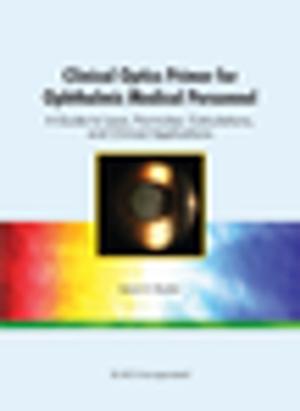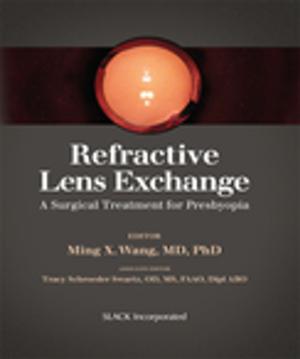Transitions to Adulthood for Youth With Disabilities Through an Occupational Therapy Lens
Nonfiction, Health & Well Being, Medical, Allied Health Services, Occupational Therapy| Author: | ISBN: | 9781617119583 | |
| Publisher: | SLACK Incorporated | Publication: | October 15, 2012 |
| Imprint: | SLACK Incorporated | Language: | English |
| Author: | |
| ISBN: | 9781617119583 |
| Publisher: | SLACK Incorporated |
| Publication: | October 15, 2012 |
| Imprint: | SLACK Incorporated |
| Language: | English |
There has been a shift in thinking in recent years toward addressing the multiple transitions that youth with disabilities experience as they enter adulthood. Transitions to Adulthood for Youth With Disabilities Through an Occupational Therapy Lens explores a developmental lifecourse approach in relation to current occupational therapy models of practice. In Transitions to Adulthood for Youth With Disabilities Through an Occupational Therapy Lens, Debra Stewart and 10 contributors provide occupational therapists with the theoretical and practical knowledge needed for evidence-based services and supports to youth with lifelong disabilities during the transition to adulthood. Features: • Connects theory to practice by examining the transition to adulthood for youth with disabilities through a conceptual lens • Detailed description and clinical application of the McMaster Lens for Occupational Therapists© • Five chapters dedicated to different perspectives on transitions to adulthood for those with a physical disability, learning disability, developmental disability, mental illness, or chronic illness/obesity • Five areas of occupational performance relevant to adult transitions which include postsecondary education, employment, community involvement, independent living, and socialization/leisure In this text, a framework of a lens connects theory and practice in a simple and effective way. An extensive review of current evidence about the transition to adulthood for youth with disabilities is provided, including theoretical concepts, models, and recent research findings. Instructors in educational settings can visit www.efacultylounge.com for additional material to be used for teaching in the classroom. Transitions to Adulthood for Youth With Disabilities Through an Occupational Therapy Lens will be a pivotal resource for occupational therapy students in entry level and graduate programs, as well as faculty, researchers, and practicing clinicians working with adolescents and young adults.
There has been a shift in thinking in recent years toward addressing the multiple transitions that youth with disabilities experience as they enter adulthood. Transitions to Adulthood for Youth With Disabilities Through an Occupational Therapy Lens explores a developmental lifecourse approach in relation to current occupational therapy models of practice. In Transitions to Adulthood for Youth With Disabilities Through an Occupational Therapy Lens, Debra Stewart and 10 contributors provide occupational therapists with the theoretical and practical knowledge needed for evidence-based services and supports to youth with lifelong disabilities during the transition to adulthood. Features: • Connects theory to practice by examining the transition to adulthood for youth with disabilities through a conceptual lens • Detailed description and clinical application of the McMaster Lens for Occupational Therapists© • Five chapters dedicated to different perspectives on transitions to adulthood for those with a physical disability, learning disability, developmental disability, mental illness, or chronic illness/obesity • Five areas of occupational performance relevant to adult transitions which include postsecondary education, employment, community involvement, independent living, and socialization/leisure In this text, a framework of a lens connects theory and practice in a simple and effective way. An extensive review of current evidence about the transition to adulthood for youth with disabilities is provided, including theoretical concepts, models, and recent research findings. Instructors in educational settings can visit www.efacultylounge.com for additional material to be used for teaching in the classroom. Transitions to Adulthood for Youth With Disabilities Through an Occupational Therapy Lens will be a pivotal resource for occupational therapy students in entry level and graduate programs, as well as faculty, researchers, and practicing clinicians working with adolescents and young adults.
